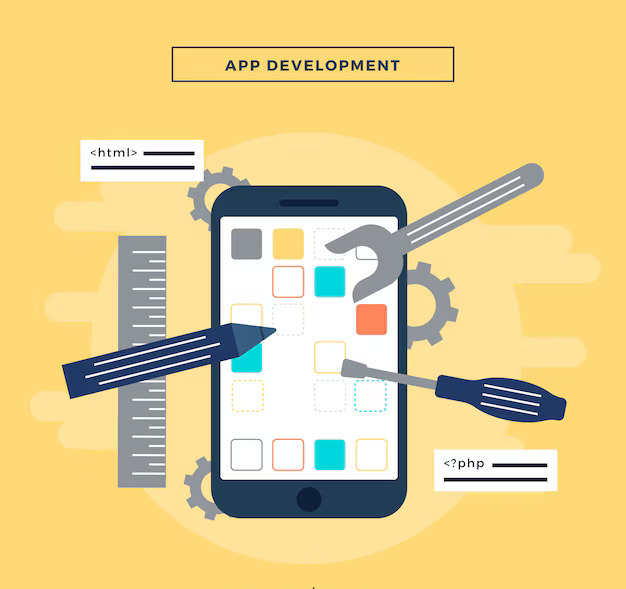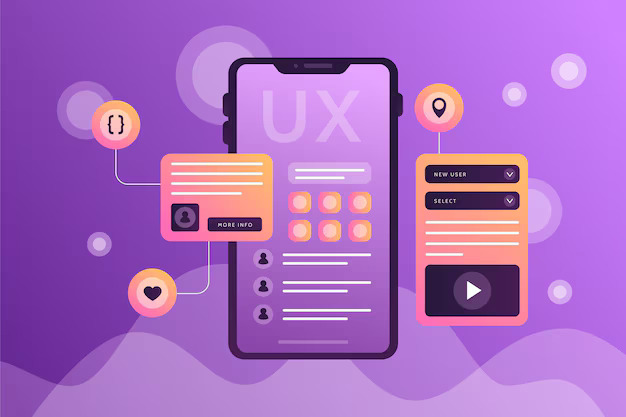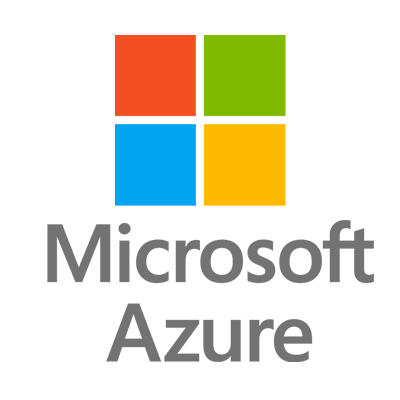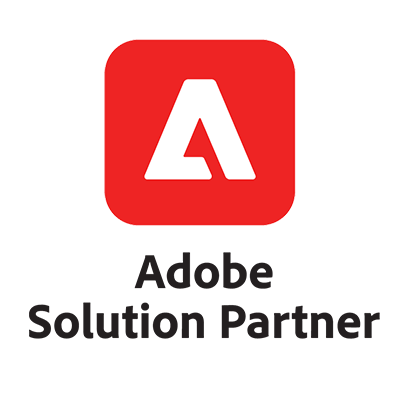In today’s digital landscape, Android app development has become a necessity for businesses looking to expand their reach and provide seamless digital experiences. With billions of users worldwide, Android applications have revolutionized the way we interact with technology. Whether you’re an entrepreneur, a startup, or an established enterprise, investing in Android application development can propel your business to new heights.
But with countless development frameworks, programming languages, and trends emerging, how do you choose the right approach? How can you ensure your app stands out in an increasingly competitive market? In this guide, we will walk you through everything you need to know about Android software development, the latest technologies, and best practices for building high-performance mobile applications.

Android dominates the global smartphone market, with over 70% market share. Businesses are increasingly turning to top app development companies to create custom Android apps that cater to their audiences. Here are some key reasons why you should invest in Android app development:
- Massive User Base
With billions of active users, Android provides a vast audience for businesses. Whether you’re launching an eCommerce platform, a fintech solution, or a social networking app, Android gives you access to a global market.
- Open-Source Flexibility
Android is an open-source operating system, allowing developers to customize applications freely. This means businesses can create unique, feature-rich apps that meet their specific needs.
- Cost-Effective Development
Compared to iOS, Android development offers a more budget-friendly approach. With a variety of development frameworks such as React Native app and Flutter, businesses can build cross-platform applications at reduced costs.
- Seamless Integration with Google Services
Since Android is owned by Google, it integrates smoothly with essential services like Google Maps, Google Pay, and Google Assistant, providing a superior user experience.
Key Technologies for Android Application Development
- Kotlin vs. Java: Choosing the Right Language
Traditionally, Java was the preferred language for Android programming, but Kotlin has gained massive popularity due to its concise syntax, enhanced security, and better performance. Here’s a quick comparison:
|
Feature |
Java |
Kotlin |
|
Readability |
Moderate |
High |
|
Performance |
Standard |
Optimized |
|
Null Safety |
Lacks built-in |
Built-in |
|
Interoperability |
Moderate |
High |
Most Android app development companies now prefer Kotlin due to its developer-friendly features and ability to reduce development time.
- React Native & Flutter: Cross-Platform Development
If you want to create Android apps that work seamlessly on both Android and iOS, you can opt for React Native app or Flutter:
- React Native App: Developed by Facebook, it allows developers to write code once and deploy it on multiple platforms.
- Flutter: A Google-backed framework that offers fast performance and beautiful UI components.
Both technologies are widely used by top app development companies for building efficient mobile apps.
- Android Jetpack
Android Jetpack is a set of libraries designed to accelerate development by handling complex coding structures. It includes components for UI design, lifecycle management, and data storage, making Android development easier and more efficient.
- Artificial Intelligence & Machine Learning in Android Apps
With the integration of AI and ML, businesses can enhance their Android applications by implementing features like chatbots, voice assistants, and predictive analytics.

How to Create a High-Performance Android App
- Understand Your Target Audience
Before diving into Android software development, conduct market research to understand your users’ preferences, behaviors, and pain points.
- Ensure Security & Data Protection
With rising cybersecurity threats, it’s crucial to protect user data by:
- Implementing secure authentication (e.g., biometric login, 2FA).
- Encrypting sensitive information.
- Regularly updating your app to fix security vulnerabilities.
- Optimize Performance & Speed
Slow apps frustrate users. Optimize performance by:
- Using lightweight UI elements.
- Compressing images and media files.
- Reducing unnecessary background processes.
- Implementing caching strategies.
- Focus on UI/UX Design
A great app isn’t just about functionality—it’s about experience. Ensure that your app has an intuitive design, smooth navigation, and interactive elements that enhance user engagement.

Why Choose a Professional Android App Development Company?
While some businesses attempt to build Android apps in-house, partnering with a top app development company ensures a smooth, high-quality development process. Here’s why:
- Expertise & Experience
Professional companies have skilled developers who specialize in Android programming and various frameworks like Flutter and React Native.
- Faster Development & Deployment
With an experienced team, your app will be developed and deployed much faster, ensuring a quicker time-to-market.
- Scalability & Future-Proofing
Top development firms build scalable apps that can grow alongside your business.
- Ongoing Support & Maintenance
From bug fixes to feature updates, a professional Android app development company ensures that your app remains up-to-date.
Relevant Questions Clients Ask us.
- How long does it take to develop an Android app?
The development timeline depends on the complexity of the app. A simple app can take 3-6 months, while a complex app with advanced features may take 9-12 months or longer.
- What is the cost of Android app development?
The cost varies based on the features, design complexity, and technology stack. Basic apps start at $5,000, while feature-rich applications can cost over $50,000.
- Which is better: Native Android or Cross-Platform development?
Native Android development offers better performance and a more seamless user experience, while cross-platform solutions like React Native and Flutter help reduce costs and development time.
- How do I monetize my Android app?
You can monetize your app through in-app purchases, advertisements, subscriptions, and premium versions.
- Why should I hire a professional Android app development company?
A professional company brings expertise, reduces development time, ensures high-quality standards, and provides ongoing support and maintenance for long-term success.
Conclusion
Investing in Android application development is one of the smartest moves for any business looking to expand its digital presence. Whether you’re a startup, a mid-sized business, or a large enterprise, having a robust Android app can give you a competitive edge.
At TConnectX Solutions, we specialize in building world-class Android applications tailored to your business needs. Our team of expert developers leverages the latest tools, including React Native app, Flutter, and Android Jetpack, to create seamless mobile experiences.
Ready to turn your idea into a reality? Get in touch with us today! Let’s discuss your project and create an outstanding Android app that scales your business to new heights.









